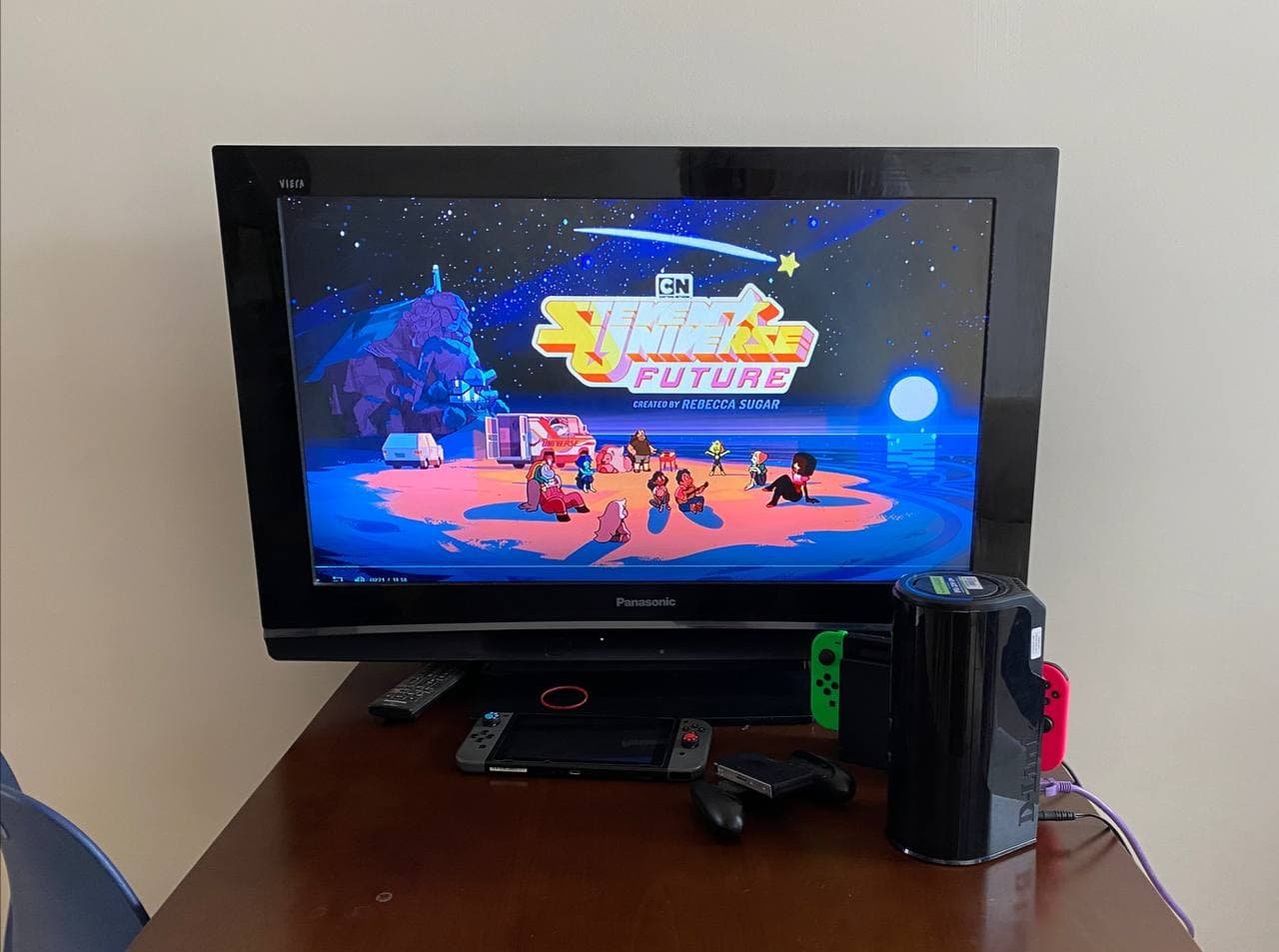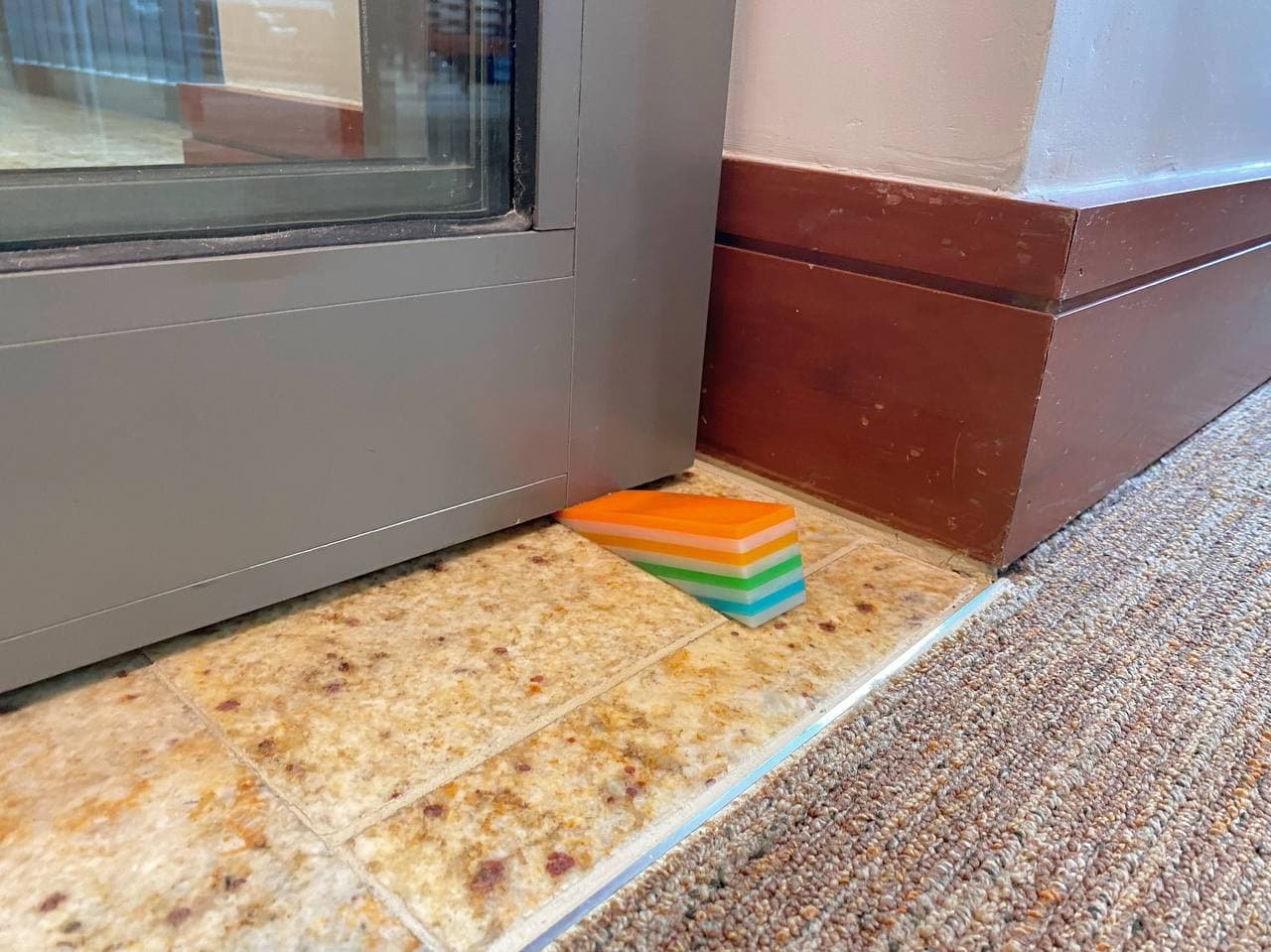Faster… We’re Closing!: Memoirs from Yale-NUS College
/ Article by Max Pasakorn
The interior of the elevator at Elm College, one of the Residential Colleges at Yale-NUS. The elevator serves 22 storeys of residential spaces and also provides access to the dining hall and faculty offices.
All Yale-NUS classes are held on campus, a vertical descent and a few minutes’ walk away from our rooms. As you might imagine, that makes waiting for elevators near the turn of the hour a nail-biting experience. Will I make it in time if both the lifts are on the 20th floor and my class with the strict professor starts in five minutes? These lifts are also known to be frustratingly faulty, so much so that we joke about how its buttons have been pressed too hard, and how it, too, has lost its motivation to work since the cursed merger announcement. But it is in this sometimes-claustrophobic space where we have the best conversations, as it ascends and stops at every odd floor. Someone told me of their dream to study the stars as she carried a large device I assumed to be a telescope. Another time, someone complained to me about a terrible lunch from the dining hall and how much time they spent laosai-ing on the toilet bowl. That spurred a school-wide survey about stomachaches and an internal investigation, which strangely found no faults in the school’s food supply. The posters in the elevator say a lot too. More than Facebook or Telegram, this was the prime channel to get word about every event distributed across individual group chats. Before the pandemic, I heard, there would be so many posters using the same Canva template to promote group hangouts and student-organised activities. Now, you can sense the dejected air. The posters are targeted only towards academic endeavours. I don’t think we really know if we can go back to “normal” ever again.
An old Panasonic television perched precariously on a dining table in the author’s shared living space, showing the title screen of the cartoon Steven Universe: Future.
When I moved into my new suite this year, my suitemate told me that an alumnus was giving away an old TV for free. We only needed to make a trip down to collect it. He promised us that it was in good working condition, and that we would just need an HDMI cable to get it to work. It took a very laborious night to make the trip from Yale-NUS College (Clementi) to a somewhat-ulu condominium in Punggol. The TV felt like a machine from the distant past, like something that took in floppy discs and would eat it up. It was so heavy that we had four frail queers carry it together across two elevators. But when we set it up, we realised there was something charming about the discoloured screen and the remote that didn’t seem to work. It was a hand-me-down from a senior, like so much of what we had: our rooms with the dust collected on the ceiling fan, or the secret notes circulated around that covered everything we needed to know for a specific midterm. My suite agreed to use the TV fruitfully; we’d watch a movie together every alternate Fridays, with each of us taking turns to decide the film. I remember fondly sobbing as I watched the last episodes of Steven Universe: Future with my partner, or being awed at alternative Japanese cinematography with We Are Little Zombies. When we live on campus, this place becomes more than just “a school”, it becomes a home. Sometimes, it is a safe home from families that don’t want us.
An interior view of the Tan Chin Tuan Lecture Theatre at Yale-NUS.
When I first arrived at Yale-NUS, I thought that I could excel in programming and that my future would be better off had I pursued a pragmatic major, like Computer Science. So, the first chance I got to enroll in any elective class, I selected YSS1212: Introduction to Computer Science. The class was conducted in this lecture theatre above, which was infamous for its technical difficulties. Because of the overwhelming number of first-year students who were told to choose majors that would make them “employable”, the poor professor taught two back-to-back three-hour classes, each reaching about 30 students. It was quite ironic how often the computer science professor could not get the projector to work. He sometimes resorted to writing code with his unintelligible handwriting on the four whiteboards in the space. In the first class, he discussed Aristotle. There was an analogy of an onion: how, beneath an onion, there was either nothing or an onion underneath. I remember sitting at the back of this lecture theatre and squinting at the board and trying. I gave up being a computer science major after that. But I still strike conversations with the professor sometimes when he borrows DVDs at the school library. He is a fan of dad jokes. Now, I am compiling the dad jokes I find on TikTok, so I might entertain him when we see each other on Saturday afternoons. I once told him, “What is this?”, pointing to my waistline. He was perplexed for a minute, before I revealed the answer: “A waist of time.” He laughed so hard I think the students mugging inside the library could hear him.
A colourful door stopper that resembles a kueh lapis.
I started working at the school library this semester. We man the counter, shelf books, and open doors for visiting NUS students who recently learnt they could use the space too. During the opening shift, I must open two large doors. One of them is held down by a door-stopper that looks like a kueh lapis. It sticks out amidst the classy brown hues of the building’s interior, a colourful edible-looking little thing. I once asked my supervisor where they got the door-stopper from, to which she shrugged. My guess is that it’s from a shop targeted to tourists in Chinatown. A friend of mine asked if they could take it for their personal use, since it is left unattended in the open space whenever the library is closed. I told them, “No, stealing is illegal”, but I am waiting for the day when the kueh lapis would disappear, and they would have to get a boring red rubber door stopper from a hardware store in Clementi to replace it.
The door to a gender-neutral bathroom found in the administration building at Yale-NUS College, with a distinct label that says, “This restroom may be used by any person regardless of gender identity or expression.” The college has gender-neutral bathrooms scattered around campus.
When pressed for a more concrete response on gender-inclusive housing, [NUS president Tan Eng Chye] pointed to a similar discussion that was tabled while planning for the establishment of University Town in 2011.
He said: “We did get the feedback of parents, and parents actually have slightly different thinking. We have to be very mindful in the context of the larger ecosystem. We have to do certain things that are more acceptable to the larger ecosystem. You don’t want to build a small enclave, where there can be possibly some tension and conflict.”
— Taken from the article “NUS’s “First #MeToo Incident” Was in 2019; New College to be Less Autonomous: Tan Eng Chye”, written by Ryan Yeo, published 2 October 2021 by the Yale-NUS student publication The Octant
Before I entered Yale-NUS, I shared with the administration that I use all the pronouns most people use in no particular order – he, she, and they – and that I hoped I could find a space to experiment with makeup and drag. I was immediately prioritized into a mixed-gender suite for first year students, where I lived (and still live) with two amazing trans women. They even asked me whether I would like to have my name changed on my student card to reflect my chosen identity, something NUS would never do. As I continued living here, I discovered so many efforts this school took to make everyone feel comfortable. There are gender-neutral bathrooms scattered across campus for those who feel that using a strictly male or female bathroom is unsafe. There is a multi-religious prayer room on campus. Every year, students work together to organise a week of events celebrating diversity and inclusion. There are anti-discrimination policies that are strictly enforced, especially amongst faculty and staff. Support for survivors of sexual assault is readily available. The school takes serious disciplinary action against anyone found guilty. These are luxuries that NUS cannot afford.
That fateful morning when the merger was announced, this was what crossed our minds first: the safe haven for every single minority group would be instantly shattered by the NUS administration, notorious for being nonchalant about these concerns. Everything that generations of students have built will be eroded. Will the school still take serious disciplinary action against perpetrators of sexual assault, or will they be let free because of their stellar academic record? Will future trans women be denied mixed gender housing and forced to live with cis men fresh out of National Service? Will the signs on the pictured toilets, the affirmation of safety for gender non-confirming students, be hurriedly taken away once the college is shut? We don’t know. But, if they can announce the closure of a college without consultation from anyone living on it, we know they will do whatever they want.
On Endings
“Prospective Immigrants Please Note
Either you will
go through this door
or you will not go through.…
The door itself makes no promises.
It is only a door.”
— Adrienne Rich, “Prospective Immigrants Please Note”
The week after the merger was announced, I could feel the entire college mourning. The students, the faculty and the staff all moved in slow motion. That Monday, we were supposed to have a class on poetic forms, but instead our professor made space for us to share what we thought of the news. There was so much rage at the top-down decision, and so much heartbreak at what we would be losing. One of my classmates shared how painful it was to hear her relatives ask, “Your school is closing only what. What’s the big deal? Why are you crying?” We knew that no one would feel grief unless they could see what we were losing: a community built together by years of work, a faculty that cared so much about the growth of their students, and an institution that celebrated every unique and learned perspective. As the sharing came to a close, our professor took a moment to hold back his tears, before solemnly reading aloud the poem “Prospective Immigrants Please Note” by Adrienne Rich. He sat silently for a bit, before telling us that a good poem is filled with abruptions and a good poem also knows its eventual end. I paused, thinking. I knew what satisfying, beautiful endings felt like. This could never be one of them.





